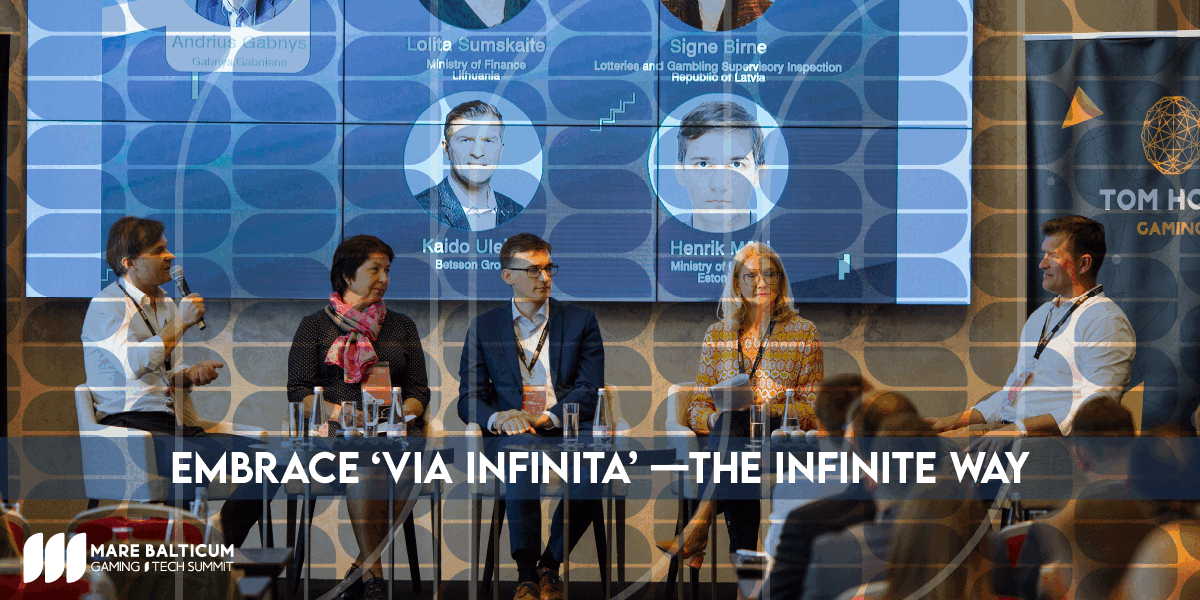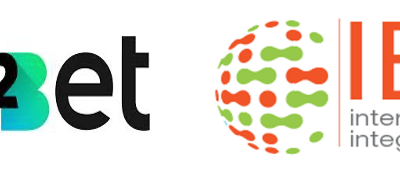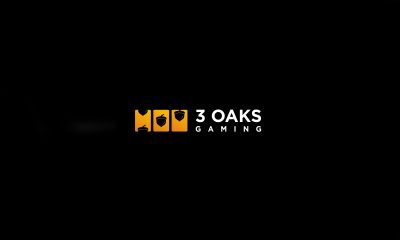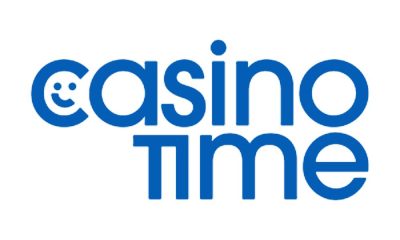Latest News
New Research Shows Early Exposure to Gambling is Linked to Risk of Gambling Harms in Later Life

GambleAware, the leading charity commissioning gambling harm prevention and treatment services, has published its latest annual survey on gambling harms and treatment and support needs among those who gamble and those affected by another’s gambling.
The report, conducted by YouGov using a nationally representative survey of 18,000 adults, found that early exposure – seeing family members gamble or gambling advertising and marketing on TV – can be associated with a greater risk of gambling harms later in life. Almost two in three (64%) of those classified as experiencing significant harm (PGSI 8+) said they knew someone who gambled regularly (e.g. once a week or more) before they turned 18. By comparison, among adults who do not gamble, only 1 in 4 (25%) reported knowing someone else who gambled.
The study sheds light on how many people in Britain were first exposed to gambling when they were a young child, with 1 in 16 (6%) exposed before the age of 5 and over a quarter (28%) between the ages of 6-11. It also reveals that one in five adults (22%) reported first having gambled before they were 18 years old, including one in six (16%) who started between the ages of 12-17. Qualitative responses show that this introduction was seen as a “turning point” by many, or a hobby that they had inherited from their family that led to harmful gambling.
Participants interviewed in the qualitative research also expressed concern over the amount of gambling advertisement on television and mobile phone apps. They said it is extremely difficult to restrict or prevent children from being exposed to such material due to its “always on” nature, leading to fears of harmful gambling becoming a generational issue. The research shows an increase in young people (aged 18-24) experiencing significant harm from gambling (PGSI 8+), rising from 5.1% to 8.5% of this age group.
Those classified at significant-risk (PGSI 8+) of gambling harms remain more likely to have used advice, support and treatment than those with lower scores. While just 5% of those classified as low-risk (PGSI score of 1-2) had used advice, support or treatment, this increases to 17% of those classified as moderate-risk (PGSI score of 3-7), and 66% of those classified as PGSI 8+.
The report found that 7% of the adult population identified as an “affected other” who have been negatively affected by another’s gambling; comparable with 2021. This equates to an estimate of approximately 3.6 million GB adults. On top of this, the survey also suggests that an estimated 1.6 million children under 18 live with an adult experiencing significant harms from their gambling.
The report also shows that nearly half (48%) of those experiencing significant gambling harms felt “embarrassed or ashamed” of their gambling all or most of the time. These findings were a key theme in interviews with participants, where an overwhelming majority felt reluctant to talk about their gambling to family or friends.
The report highlights that stigma (e.g. feeling embarrassed, not wanting people to find out) surrounding gambling is a key barrier to many who gamble when seeking support and can also negatively impact the mental health of many who are at risk.
Among those classified as PGSI 8+, 34% had not used any form of advice, support or treatment to reduce their gambling in the past 12 months. Of those not wanting support, 40% cited stigma as a barrier.
The report also shows that many people who gamble have tried to cut back on gambling in the last year – rising to 3 in 5 (59%) of those experiencing problem gambling (PGSI 8+). However, this often resulted in “relapse” later on with most people who say they attempted to stop or reduce gambling saying they started gambling again. Relapse was highest amongst those with a PGSI score of 8+ (87%), with 72% of those who have a PGSI score of 3+ reporting relapse and 64% of those with a PGSI score of 1+ reporting a relapse in the last 12 months. Qualitative responses from focus groups identified the role that financial circumstances, life events, mental health and gambling promotions can all play as potential triggers for relapse.
Zoë Osmond, Chief Executive of GambleAware, said: “As the lead commissioning charity in Great Britain, we are pleased to publish this year’s landmark Treatment and Support Survey. Gambling harms are a serious public health issue and can affect anyone, including an increasing amount of children and young people.
“We are concerned about the normalisation of gambling across society, with this year’s report clearly highlighting a potential link between early exposure and harms in later life, as well as a worry by parents who feel unable to shield their children from the plethora of advertising and marketing.
“It is also important to end the stigma associated with gambling, which is acting as a key barrier to those wanting advice and support. We encourage people to come forward and open up the conversation about gambling to put an end to stigma and ensure people get the help they need.”
Kate Gosschalk, Research Manager, YouGov, said: “We are pleased to share the findings from the fourth annual treatment and support survey. This year, the research – which included a substantial online survey of 18,000 people and 30 in-depth telephone interviews – explored new areas including when people were first exposed to gambling and the effect gambling has on children. This survey can help us learn more about gambling harms in Great Britain and what can be done to ensure people receive the help and support they need going forward.”
Latest News
AGHANIM RESEARCH GAUGES DMA AWARENESS AND POTENTIAL IMPACT ON DIRECT-TO-CONSUMER DISTRIBUTION
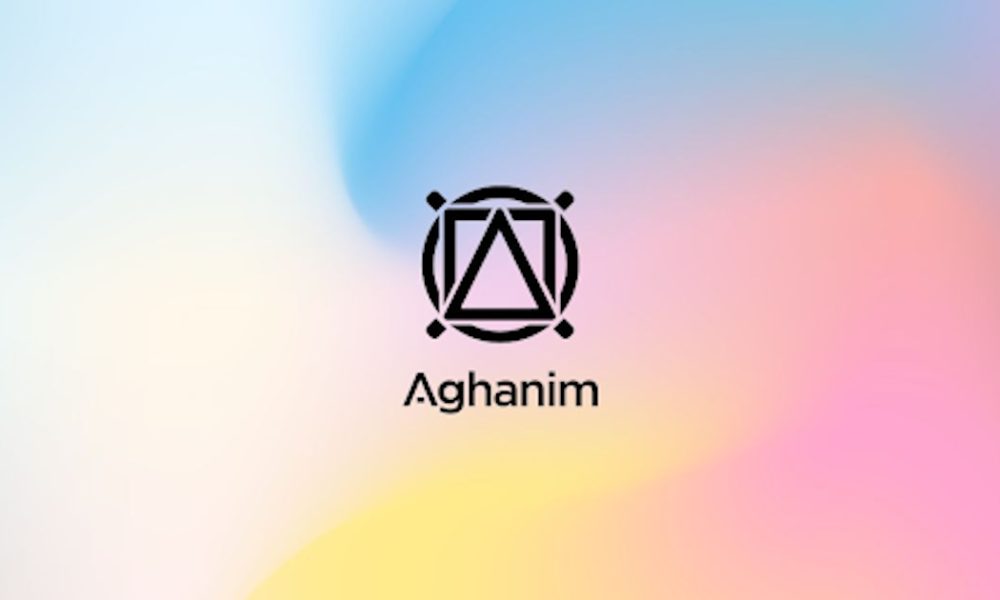
Aghanim, a mobile gaming fintech company founded by the former CEO and CTO of Xsolla, today reveals fascinating new research among mobile game developers relating to the recently launched Digital Markets Act (DMA).
The research is based on interviews with 300 mobile game developers across the US, UK and Germany in the weeks leading up to the introduction of the Act. The new European Union legislation aims to ensure a higher degree of fairness and competition in European digital markets and designates a number of major tech corporations including Apple and Alphabet (Google) as “gatekeepers”.
The key findings of the study shows:
- 62% of mobile game developers are aware of the Digital Markets Act
- 82% have at least some understanding of how it will impact their business. Almost a fifth (19%) feel they have a complete understanding of the DMA’s impact
- 31% of mobile game developers feel they will have more freedom under the DMA, though just 9% are confident they’ll be able to keep more of their revenue
- Only 13% have ruled out making changes to their payment processes. A third (33%) have begun implementing them
- Awareness of the DMA is highest in Germany (70%), followed by the UK (68%). Less than half (47%) of US developers are aware of the legislation. While the DMA is a European framework, it applies to US developers operating in the EU
Constantin Andry, Co-founder and Co-CEO at Aghanim, commented: “This data shows that there’s an appetite for change among game developers. Yes, the platform holders instigated the $92 billion mobile games industry, but we need to be asking why game developers – the people who make the games – now only see about 10% of this. With direct-to-consumer distribution, there’s an opportunity to ensure a further $18 billion of annualized value remains within the video games industry, with game creators, which will help soften many ongoing issues including layoffs. Otherwise, the business of making mobile games could soon become unviable.”
Konstantin Golubitsky, Co-founder and Co-CEO at Aghanim, added: “The opportunity for game developers is to create a web-based game hub for their titles which provides added value for their most engaged and valuable users, keeping them coming back regularly. Ultimately, players spend where they see the most value, and our goal is to help developers provide them with the greatest value at the lowest cost.”
A key promise of the Digital Markets Act is to provide fairer competition and greater choice to gamers and game studios. However, Apple’s latest business terms introduced a Core Technology Fee which, for many game developers, cancels out the potential benefits of third-party distribution. Despite the game developers being surveyed before the introduction of the Core Technology fee, just 40% said Apple is a positive force for the games industry. 39% were neutral, while 21% felt Apple was having a negative impact. Since the introduction of App Tracking Transparency in 2021, game developers have increasingly explored direct-to-consumer platforms such as browser stores to supplement on-platform monetization with lower-fee options.
An online survey was conducted on behalf of Aghanim by Atomik Research among 305 mobile game developers in the UK (101), Germany (103), and the USA (101). The research fieldwork took place between 18-22 February 2024. Atomik Research is an independent creative market research agency that employs MRS-certified researchers and abides by MRS code.
Latest News
Golden Matrix Group Joins Rio Grande do Sul Flood Relief Program
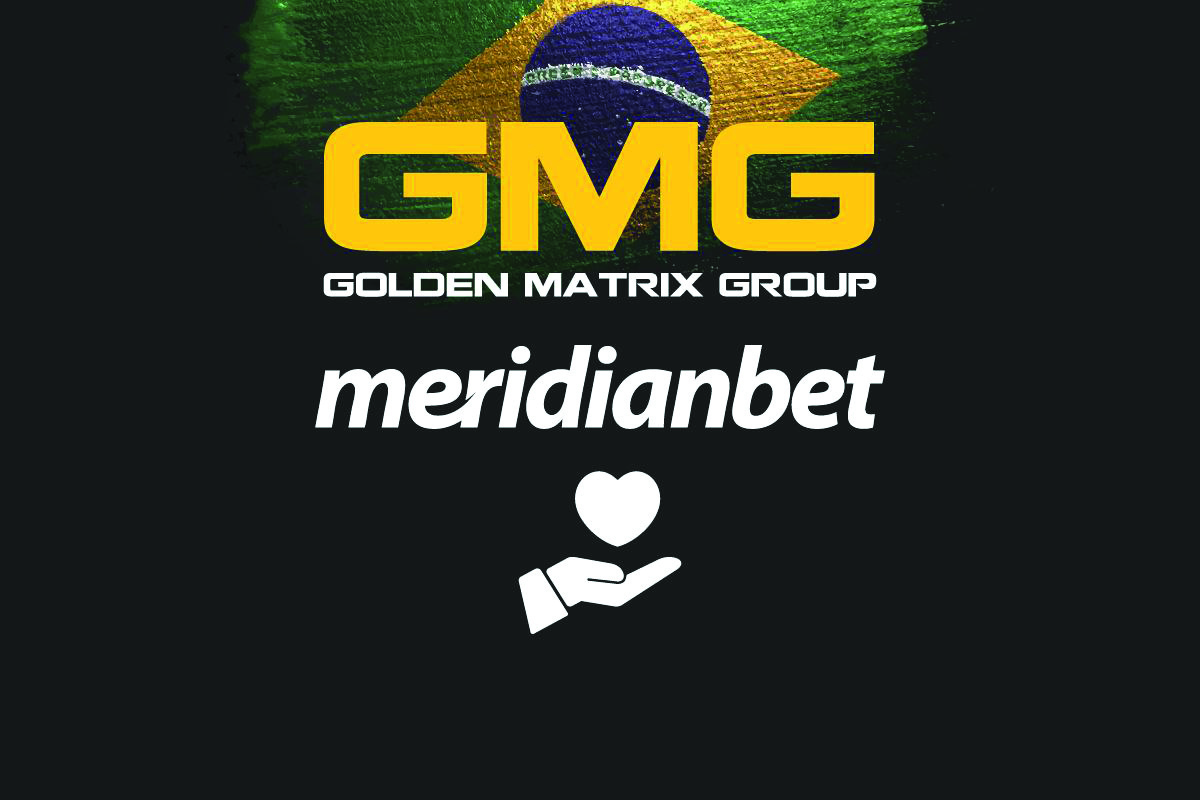
Golden Matrix Group (NASDAQ: GMGI), a leading B2B and B2C gaming technology company utilizing proprietary technology and operating globally across 17 regulated markets, today announced its participation in the global coalition initiative for flood relief efforts in Rio Grande do Sul, Brazil.
This partnership aims to provide substantial support to the communities in this Brazilian state that have been most devastated by the recent severe flooding.
This initiative is part of the gaming industry’s larger collaboration with local NGOs and humanitarian organizations, marking a significant expansion of our intensive CSR efforts, which saw over 225 community impact campaigns last year alone, primarily through the actions of its subsidiary Meridianbet.
The past week has witnessed unprecedented rainfall in Rio Grande do Sul, turning streets into rivers and isolating entire towns. The current situation remains dire, with hundreds of individuals still unaccounted for, while rescue operations have successfully evacuated over 200,000 residents using boats and helicopters.
The floods have wreaked havoc on infrastructure, with numerous bridges destroyed, severely disrupting access to Porto Alegre. The aftermath of the disaster has also led to looting in supermarkets during the night, adding to the urgency of the relief efforts.
Golden Matrix Group invites its stakeholders and the global community to contribute to this cause.
About Golden Matrix Group
Golden Matrix Group, based in Las Vegas, Nevada, is a leading B2B and B2C gaming technology company utilizing proprietary technology and operating globally across 17 regulated markets. The B2B division of Golden Matrix develops and licenses branded gaming platforms for its extensive list of clients, and RKings, its B2C division, operates a high-volume eCommerce site enabling end users to enter paid-for competitions on its proprietary platform in authorized markets. The Company also owns and operates MEXPLAY, a regulated online casino in Mexico. In 2024, Golden Matrix completed the acquisition of MeridianBet, a well-established and B2B and B2C sports betting and gaming platform operating and regulated in multiple markets in Europe, Africa and LatAm, providing the combined entity with additional international operations.
The post Golden Matrix Group Joins Rio Grande do Sul Flood Relief Program appeared first on European Gaming Industry News.
Golden Matrix Group
Golden Matrix Group Joins Rio Grande do Sul Flood Relief Program
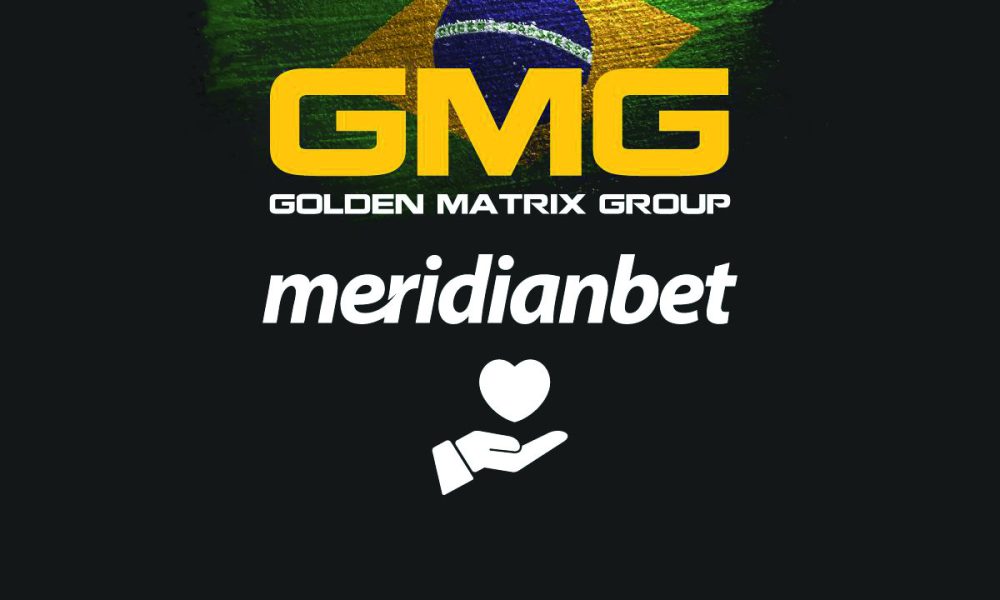
Golden Matrix Group (NASDAQ: GMGI), a leading B2B and B2C gaming technology company utilizing proprietary technology and operating globally across 17 regulated markets, today announced its participation in the global coalition initiative for flood relief efforts in Rio Grande do Sul, Brazil.
This partnership aims to provide substantial support to the communities in this Brazilian state that have been most devastated by the recent severe flooding.
This initiative is part of the gaming industry’s larger collaboration with local NGOs and humanitarian organizations, marking a significant expansion of our intensive CSR efforts, which saw over 225 community impact campaigns last year alone, primarily through the actions of its subsidiary Meridianbet.
The past week has witnessed unprecedented rainfall in Rio Grande do Sul, turning streets into rivers and isolating entire towns. The current situation remains dire, with hundreds of individuals still unaccounted for, while rescue operations have successfully evacuated over 200,000 residents using boats and helicopters.
The floods have wreaked havoc on infrastructure, with numerous bridges destroyed, severely disrupting access to Porto Alegre. The aftermath of the disaster has also led to looting in supermarkets during the night, adding to the urgency of the relief efforts.
Golden Matrix Group invites its stakeholders and the global community to contribute to this cause.
About Golden Matrix Group
Golden Matrix Group, based in Las Vegas, Nevada, is a leading B2B and B2C gaming technology company utilizing proprietary technology and operating globally across 17 regulated markets. The B2B division of Golden Matrix develops and licenses branded gaming platforms for its extensive list of clients, and RKings, its B2C division, operates a high-volume eCommerce site enabling end users to enter paid-for competitions on its proprietary platform in authorized markets. The Company also owns and operates MEXPLAY, a regulated online casino in Mexico. In 2024, Golden Matrix completed the acquisition of MeridianBet, a well-established and B2B and B2C sports betting and gaming platform operating and regulated in multiple markets in Europe, Africa and LatAm, providing the combined entity with additional international operations.
-

 Baltics7 days ago
Baltics7 days agoGiG continues regulated market expansion growth, with new launch in Estonia
-

 Latest News6 days ago
Latest News6 days agoGames Global and AreaVegas Games unleash the mythical beast in Area Link™ Dragon
-

 Alcohol and Gaming Commission of Ontario (AGCO)7 days ago
Alcohol and Gaming Commission of Ontario (AGCO)7 days agoSoft2Bet strengthens integrity monitoring with IBIA membership in Ontario
-

 Compliance Updates6 days ago
Compliance Updates6 days agoSpinomenal is now a registered provider in Peru
-

 Africa6 days ago
Africa6 days ago3 Oaks Gaming to enter South Africa with Supabets
-

 eSports5 days ago
eSports5 days agoAxlebolt and Epic Esports Events announce WINLINE EPIC Standoff 2: Brasil #2
-

 Canada5 days ago
Canada5 days agoCasino Time Elevates Social Gaming in Ontario with Launch of iGaming Website
-

 Latest News5 days ago
Latest News5 days agoPaf Focuses on Young People with Loss Limit Change

